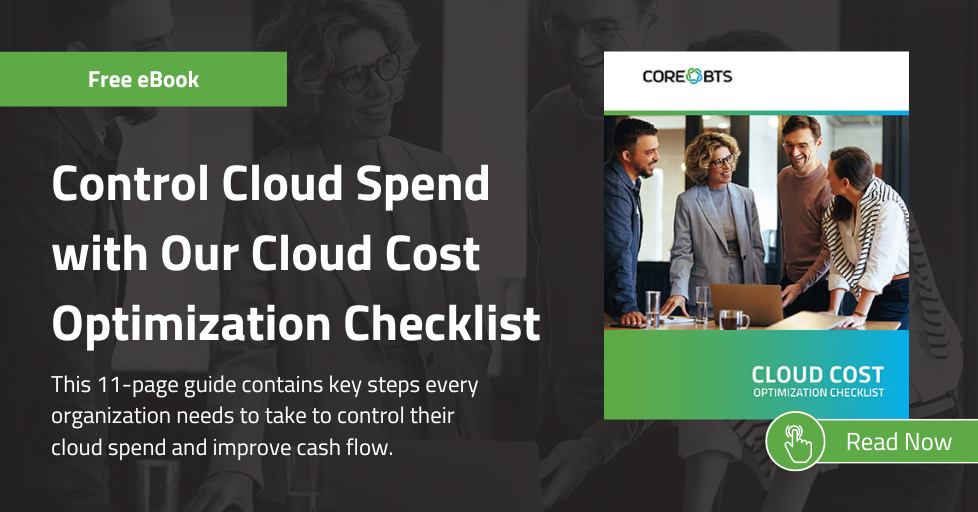FinOps, a combination of “Finance and DevOps,” refers to the practice of managing the financial aspects of cloud computing services. It involves optimizing costs, usage, and performance of cloud resources while maintaining security, compliance, and governance.
The primary goal of FinOps is to enable organizations to achieve maximum value from their cloud investment while ensuring cost-effectiveness. It involves collaboration among teams such as finance, operations, and development to achieve this objective.
FinOps involves implementing a set of best practices, tools, and processes for cost management, cost allocation, budgeting, forecasting, and optimization of cloud resources. It helps organizations gain visibility and control over their cloud spending, identify cost-saving opportunities, and make informed decisions about cloud usage.
5 Reasons FinOps is Important
- Cost Optimization: One of the primary objectives of FinOps is to optimize the cost of cloud services. With FinOps practices, organizations can identify underutilized resources and optimize their usage to reduce costs.
- Better Financial Management: FinOps enables organizations to get a better understanding of their cloud usage and associated costs, which can help them make more informed financial decisions.
- Increased Agility: By implementing FinOps, organizations can scale their cloud services up or down as needed – giving them increased agility and flexibility in responding to changing business needs.
- Enhanced Collaboration: FinOps promotes collaboration among teams – such as finance, operations, and development – to manage cloud costs effectively. This collaboration helps teams work together to achieve common goals and align their efforts with the organization’s overall objectives.
- Governance and Compliance: FinOps practices help ensure that organizations are complying with regulations and internal policies related to cloud usage, security, and governance.
FinOps is important because it enables organizations to achieve maximum value from their cloud investment while maintaining cost-effectiveness, compliance, and governance.
6 Steps to Create a FinOps Group at Your Organization
- Define the Objectives: The first step is to define the objectives and scope of the FinOps group. This includes identifying the cloud services and resources to be managed, the stakeholders involved, and the goals to be achieved.
- Build the Team: The next step is to build the FinOps team. This team should consist of members from different departments, including finance, operations, and development. They should have a deep understanding of the cloud services and technologies used in the organization.
- Establish Processes: The FinOps team should establish processes for cost management, cost allocation, budgeting, forecasting, and optimization of cloud resources. These processes should be standardized, repeatable, and scalable to ensure consistency and efficiency.
- Choose Tools: The team should select the appropriate tools to support the FinOps processes. These tools should provide visibility and control over cloud costs and usage, automate manual tasks, and enable collaboration among team members.
- Implement Policies: The team should implement policies and guidelines for cloud usage, security, compliance, and governance. These policies should be communicated to all stakeholders and enforced to ensure that cloud services are used in a compliant and secure manner.
- Monitor and Optimize: The FinOps team should regularly monitor and optimize cloud services and resources to identify cost-saving opportunities and ensure that the organization is achieving maximum value from its cloud investment.
Conclusion
By following these steps, your organization can create a FinOps group that effectively manages its cloud costs and usage, promotes collaboration among teams, and ensures compliance and governance.
If you’re not sure where to start, contact us. Our cloud experts can help your organization make the most of your cloud investment.







Share on